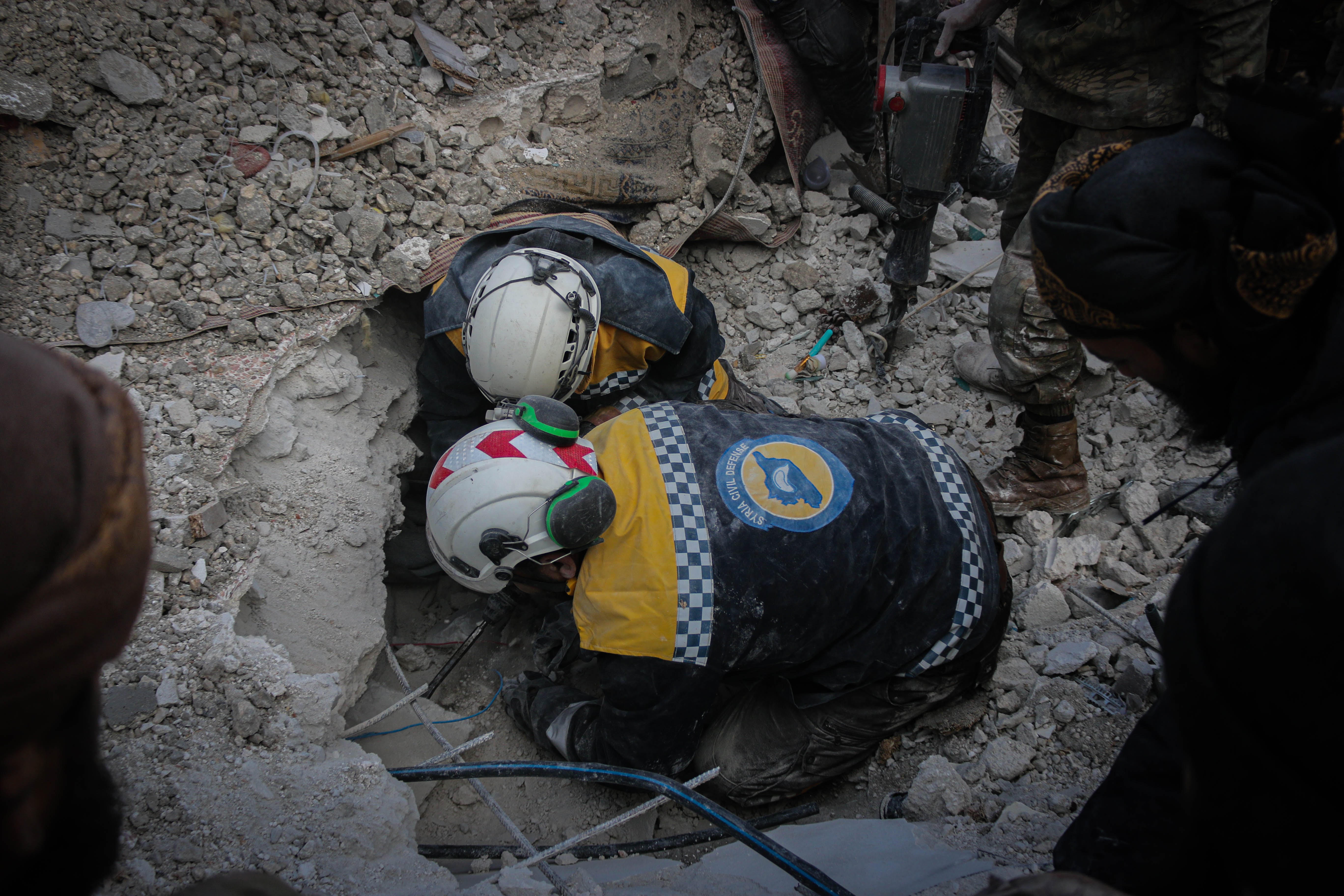Equitable sector blog series, part 3: How do we know what we know?
This is the final instalment in our blog series on the research agenda for the People, Power and Local Leadership stream of the Humanitarian Horizons research program. You can find the first two in the series here and here.
Talk about power dynamics in the humanitarian sector has become much more common. This is a positive step. Understanding power, how it operates, and what effects it has, is essential to understanding the impacts of humanitarian action as well as the way the sector works. Yet being honest and specific about power is still very difficult and to shift power is complex and slow. Invisible power dynamics, which operate out of the spotlight to determine what is possible or likely, have shaped fundamental attributes of the humanitarian sector, including importantly how knowledge and evidence inform decision-making.
Thinking about power
Power can take many forms and the dynamics it creates can vary in different places or over time. As a research team we commit to reflecting on our own roles and responsibilities.
As our research continues, here are some key concepts that we might use to bring an issue into focus and develop responses:
- Productive power – the power to shape concepts and categories
- Power over – control of decision-making or resources over those without
- Power with – build collective strength through finding common ground
- Power to – shape one’s life and world
- Power within – capacity to have hope and imagine.
Why does knowledge matter?
One of the crucial areas where we see power as shaping processes and outcomes is in the way stakeholders in the humanitarian sector approach knowledge and evidence. How humanitarian knowledge is produced and used is a central concern of the PPLL stream and shapes our approach to researching localisation, behavioural norms, and specific practices.
For several years now, there have been efforts to examine the links between evidence and decision-making in the humanitarian sector. More recently, there has been acknowledgement that unequal power dynamics shape evidence creation and use. This is a really important point that our study wants to take further.
Power dynamics in this area mean that some forms of knowledge are less likely to be seen as legitimate or valuable, and some actors struggle to be heard despite their potential to play a key role in shaping the analysis that humanitarian action draws upon. The tendency to leave indigenous or customary knowledge out of humanitarian analysis and decision-making is one important illustration of these effects. Another impact is the undervaluing of ‘local’ knowledge and those who are associated with it.
Challenging biases
We want to help humanitarian actors address these biases in their own approaches to knowledge and evidence, supporting them to access a wider range of voices. We have two areas we want to explore related to the politics of knowledge in the humanitarian sector.
- Whose voices are heard and why, for example:
- Why are Global South voices excluded or underrepresented?
- What are the enablers and barriers to changing the current knowledge landscape?
- What behaviours need to shift at an individual, organisational and sectoral level?
- Approaches to knowledge and evidence production to address inequality, for example:
- Are there instances in which international and indigenous knowledges have been drawn on in a balanced way? What can be learnt from these practices?
- What enables use of indigenous knowledge?
- How can we encourage more frequent use of indigenous knowledge?
Where to from here?
This brings us to the end of our blog series – but we are only at the beginning of our research. Do you have a passion for finding solutions or a problem you’d like to join forces on? If so, we’d love to hear from you! While the People, Power and Local Leadership research stream and the Humanitarian Horizons research program in general are already partnership-based, we are also looking for operational and research partners for various parts of the work.
Pip Henty phenty@hag.org.au
Eranda Wejewickrama eranda@hag.org.au
More detail about our thinking, how we got here, and where we’d like to go is available in the PPLL platform paper, Achieving a more equitable humanitarian sector. We look forward to continuing these ambitious conversations and being part of the momentum for change.
Content in this blog series was informed by work carried out under the Humanitarian Horizons 2021-2024 research program, which aims to progress thinking on the role of the
humanitarian sector and produce evidence about ways to achieve better outcomes for crisis-affected people. It reflects collaboration between Humanitarian Advisory Group, GLOW Consulting, inSights, the Pujiono Centre, CoLAB, and the Pacific Island Association of NGOs (PIANGO). The Humanitarian Horizons research program is funded by the Australian Government through the Department of Foreign Affairs and Trade. The views expressed are the authors’ alone and are not necessarily the views of the Australian Government.






